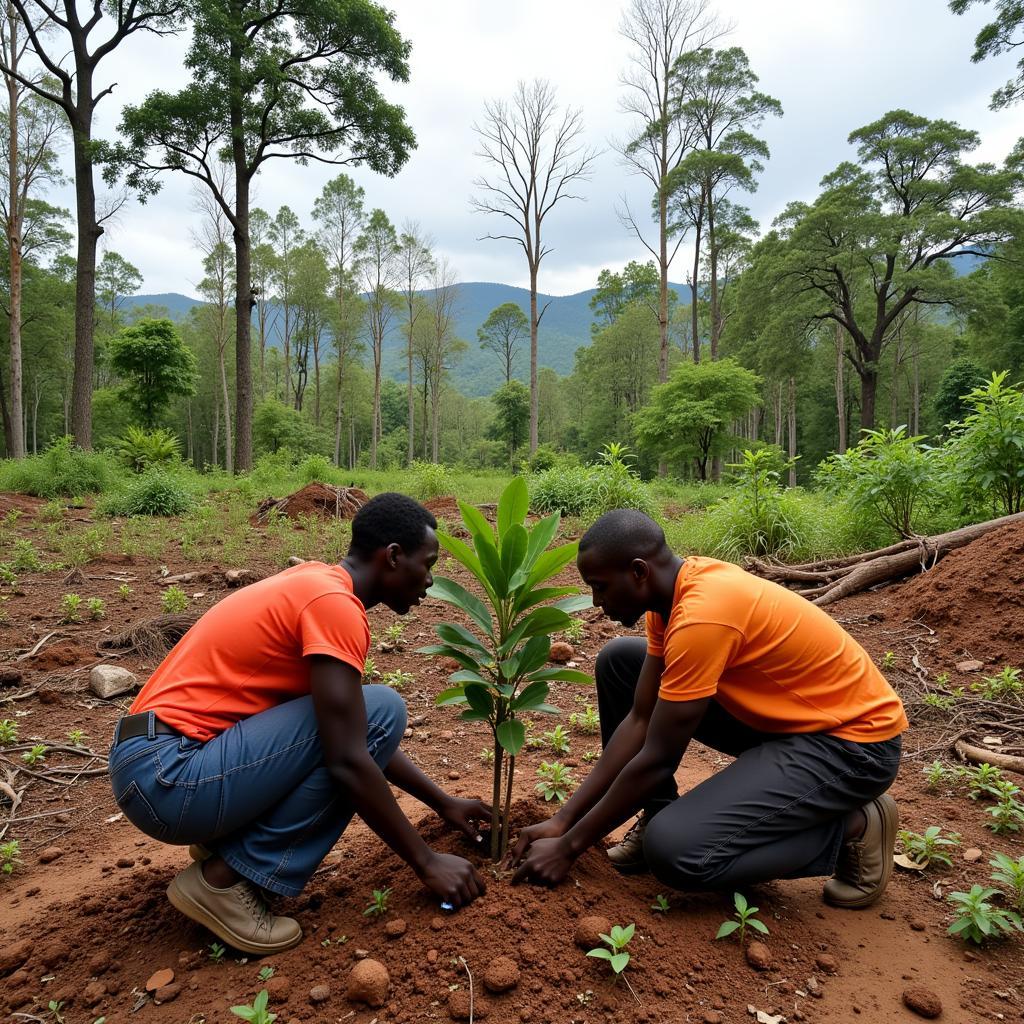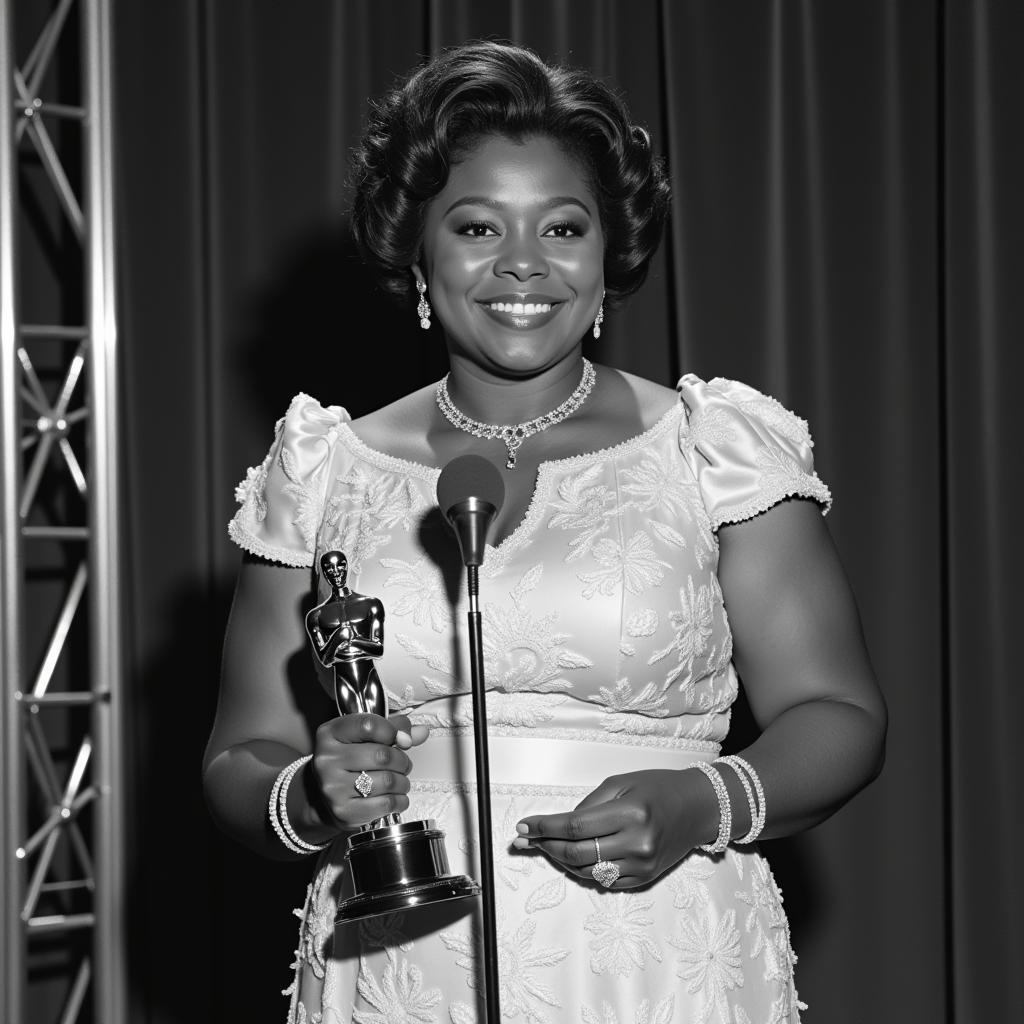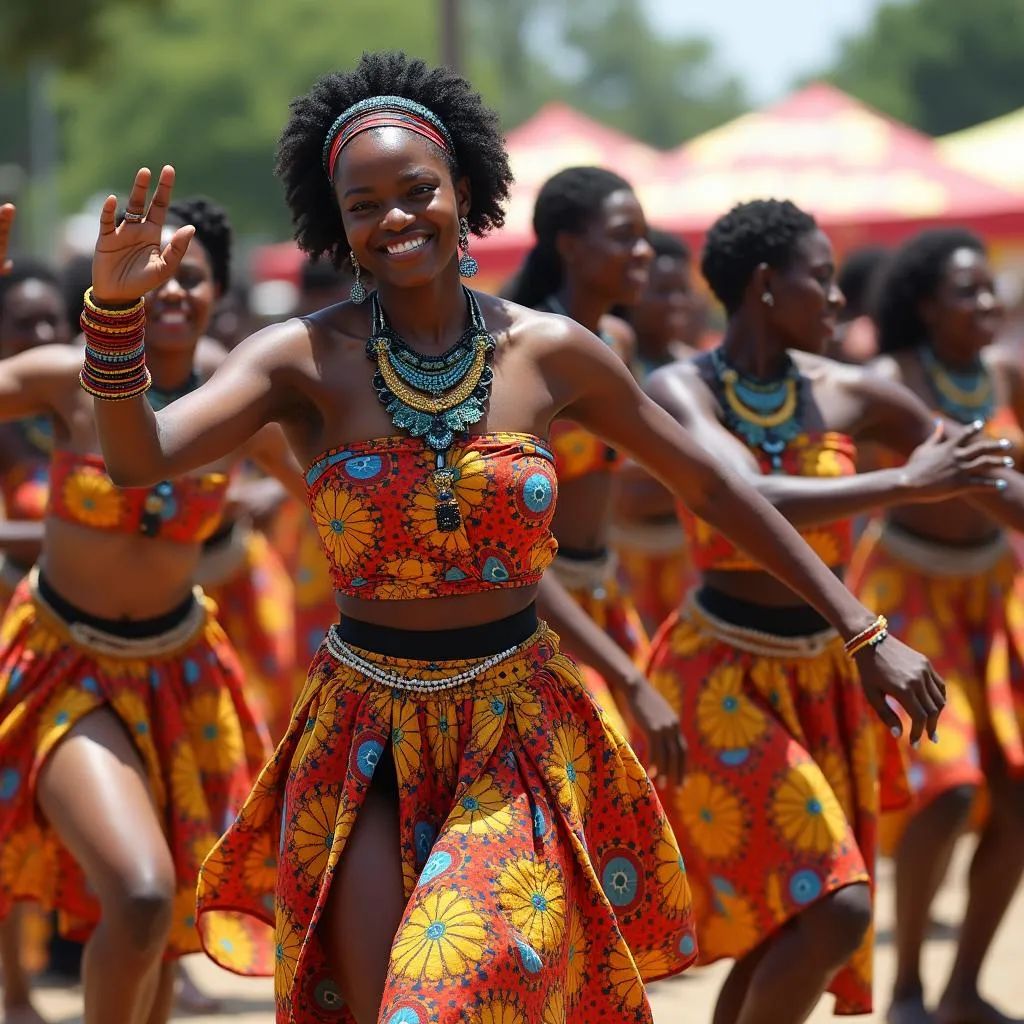Understanding Marriages with Significant Age Gaps in Africa: The Case of a 65-Year-Old Man and a 17-Year-Old Girl
The marriage of a 65-year-old African man to a 17-year-old girl sparks a complex conversation about cultural practices, legal frameworks, and societal norms across the diverse continent. While such age gaps in marriages might seem unusual in some parts of the world, they can be rooted in historical, socioeconomic, and even religious contexts within certain African communities.
Navigating Cultural Norms and Traditions
It’s crucial to acknowledge that Africa is not a monolith. The continent comprises 54 countries, each with its own tapestry of cultures, traditions, and legal systems. In some traditional communities, particularly in rural areas, marriages with significant age differences have historical precedence. These unions are often viewed through a lens that differs from modern Western perspectives.
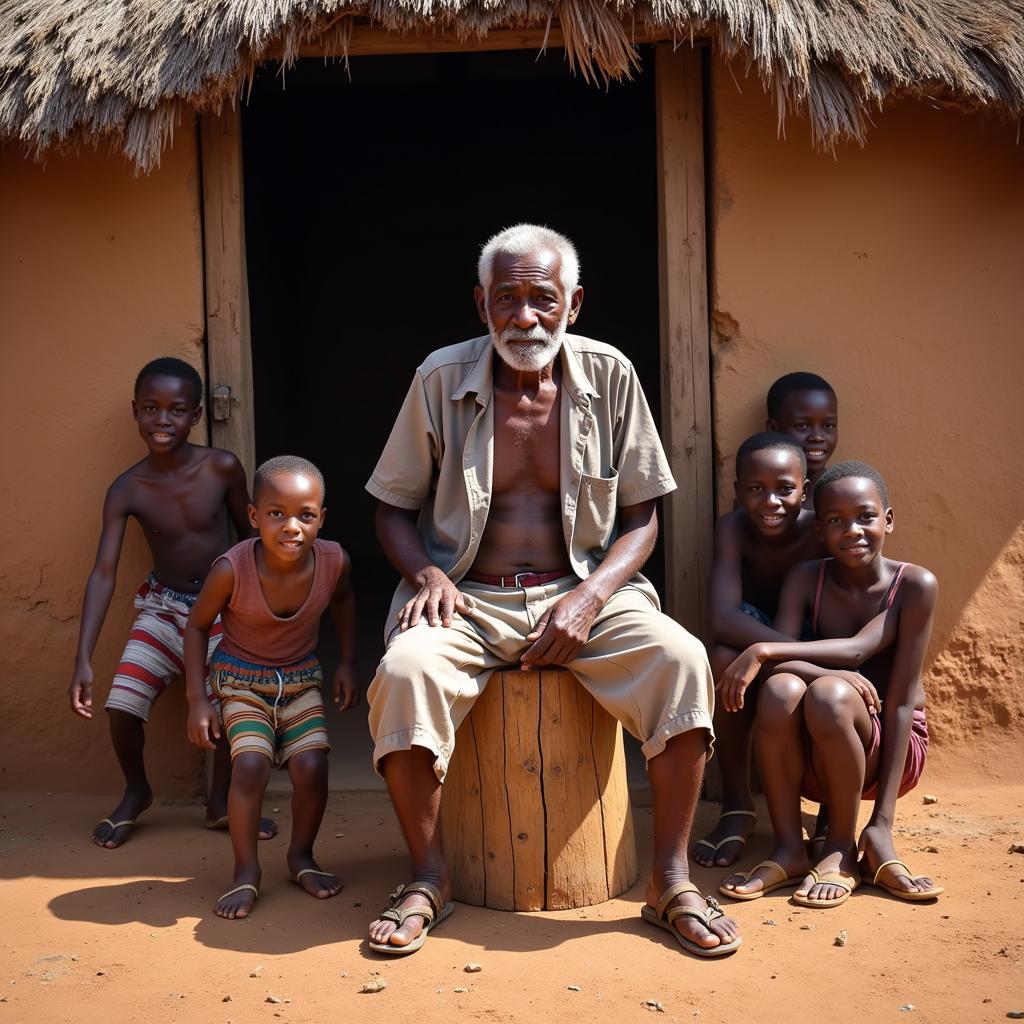 Elder in an African Village
Elder in an African Village
Factors like land ownership, lineage, and social standing can influence marriage practices. In some patriarchal societies, older men are perceived as holding greater authority, wealth, and life experience, making them desirable partners. This dynamic can perpetuate a cycle where girls’ choices are limited, and early marriages become a societal norm.
Legal Frameworks and Ethical Considerations
However, it’s essential to differentiate between tradition and legality. Many African nations have laws in place that prohibit marriage below a certain age, often 18 years old. These laws aim to protect children from exploitation and coercion, ensuring their fundamental rights. In the case of a 65-year-old man marrying a 17-year-old girl, legal ramifications would depend on the specific country’s legislation and the circumstances surrounding the union.
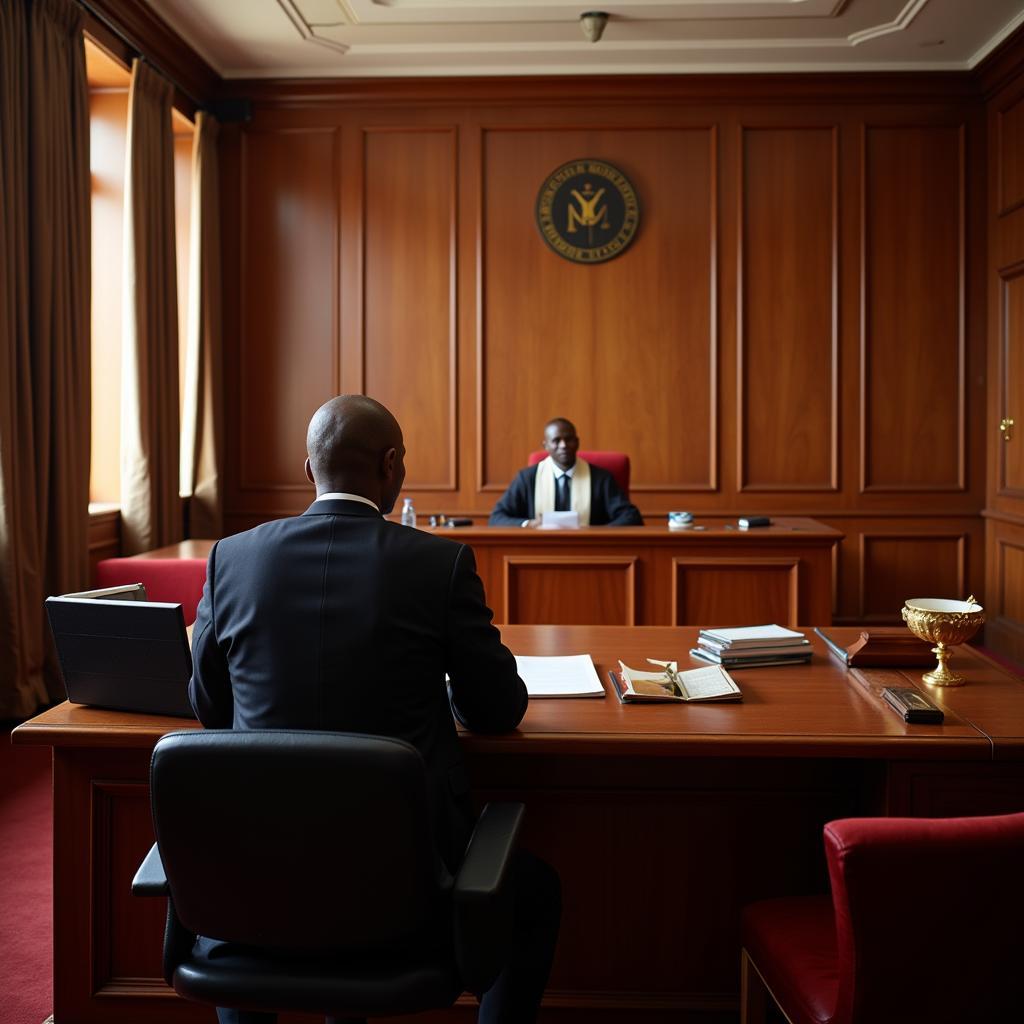 Courtroom Scene in Africa
Courtroom Scene in Africa
Beyond the legal aspects, ethical considerations come into play. The vast age difference raises concerns about power imbalances, consent, and the potential for coercion or manipulation. It’s vital to ensure that young girls are not pressured into marriages that limit their educational opportunities, personal growth, and freedom of choice.
Socioeconomic Factors and Shifting Dynamics
Socioeconomic factors also intersect with this complex issue. Poverty, lack of education, and limited economic opportunities for girls can make them vulnerable to early marriages, even those with significant age disparities. Families struggling financially might see marriage as a way to alleviate their economic burden or secure their daughter’s future.
Yet, it’s important to highlight that Africa is experiencing significant societal shifts. Increasingly, young people are challenging traditional norms, advocating for their rights, and pursuing education and economic empowerment. Governments, NGOs, and community leaders are working to raise awareness about child marriage, promote girls’ education, and enforce laws that protect their well-being.
Conclusion
The marriage of a 65-year-old African man to a 17-year-old girl presents a multifaceted issue with no easy answers. While respecting the diversity of cultures and traditions across Africa, it’s crucial to prioritize the rights and well-being of girls. Ensuring legal protections, promoting education and economic opportunities, and fostering open dialogues about cultural norms are all essential steps towards creating a future where all individuals have the agency to make informed choices about their lives and relationships.
